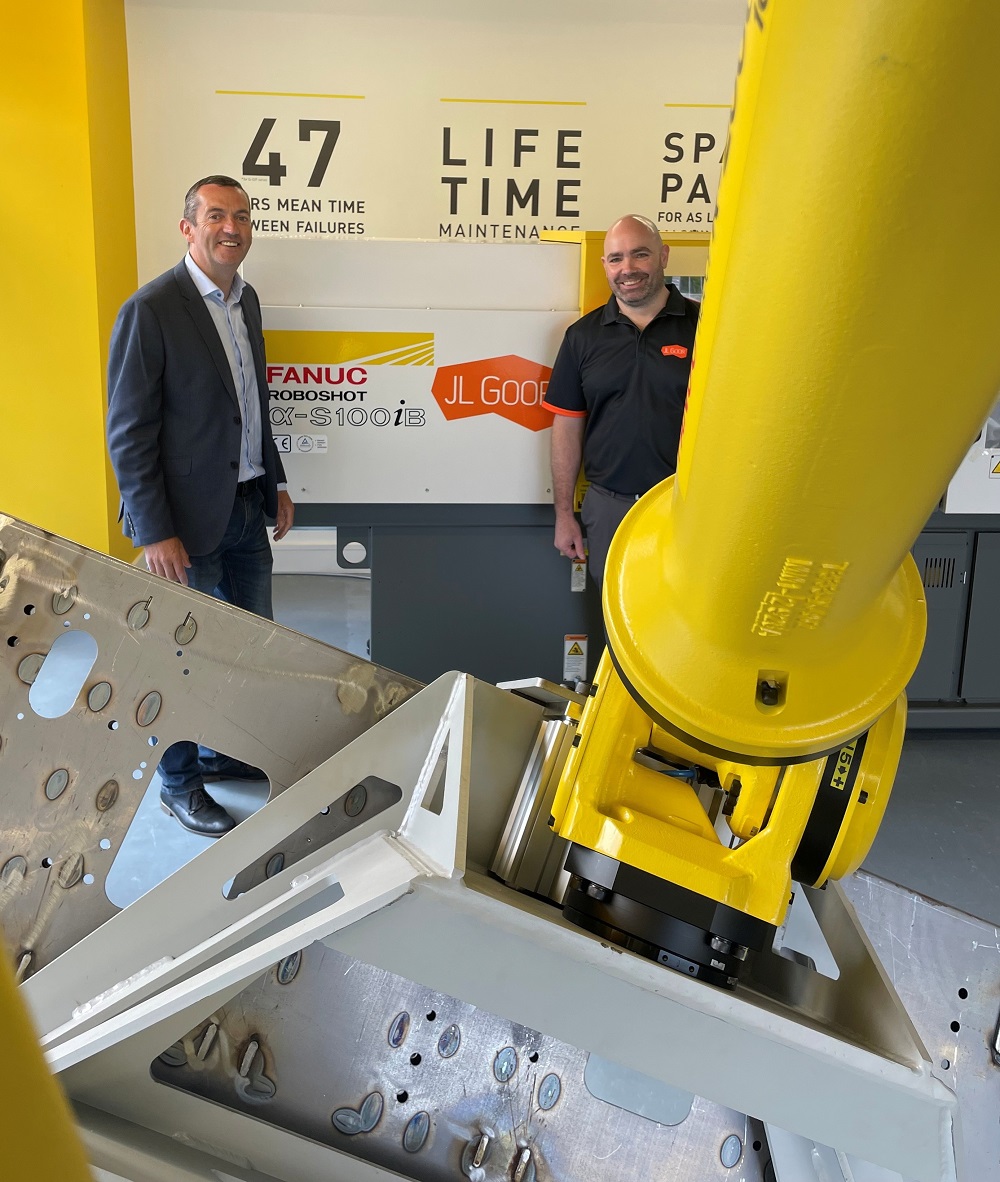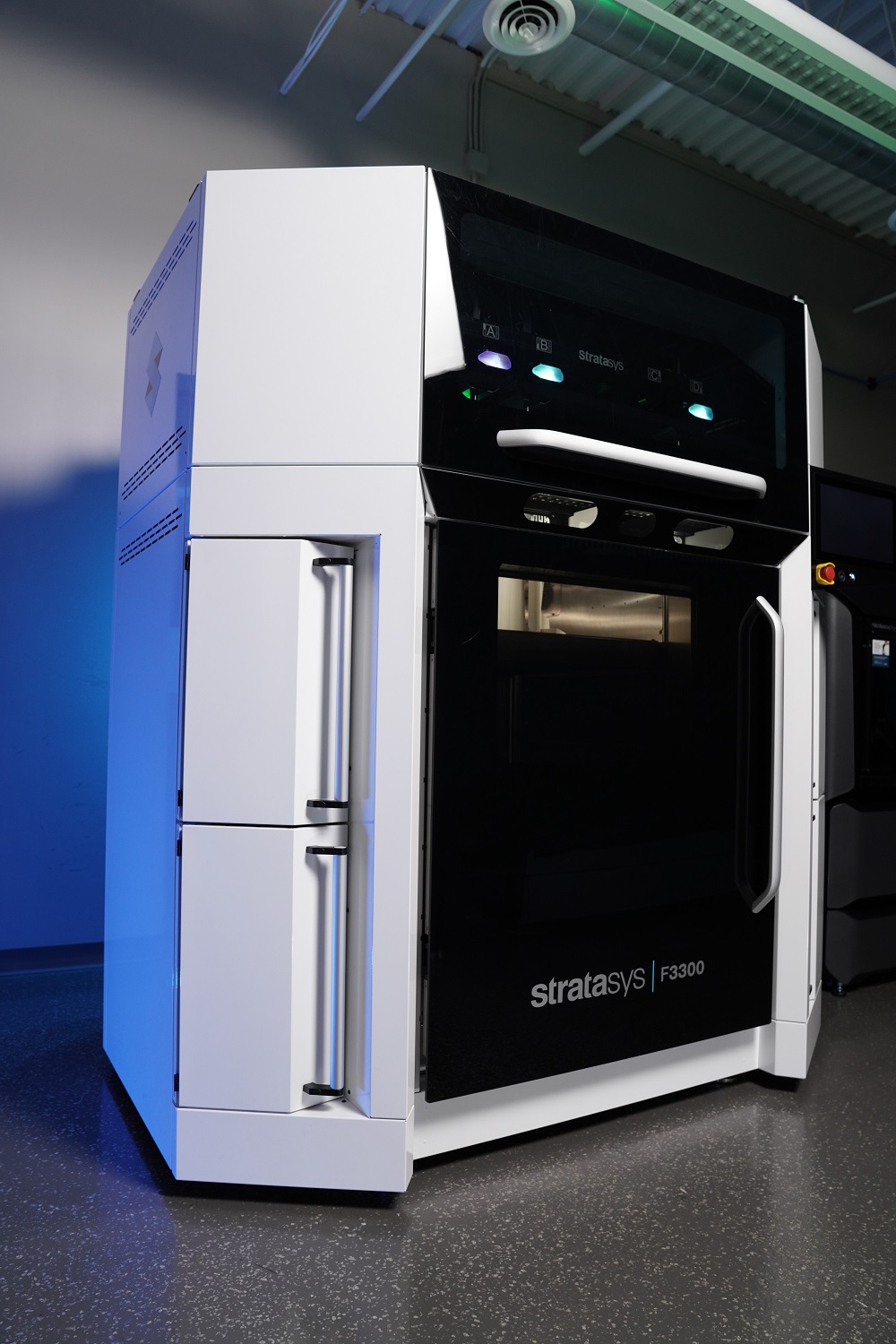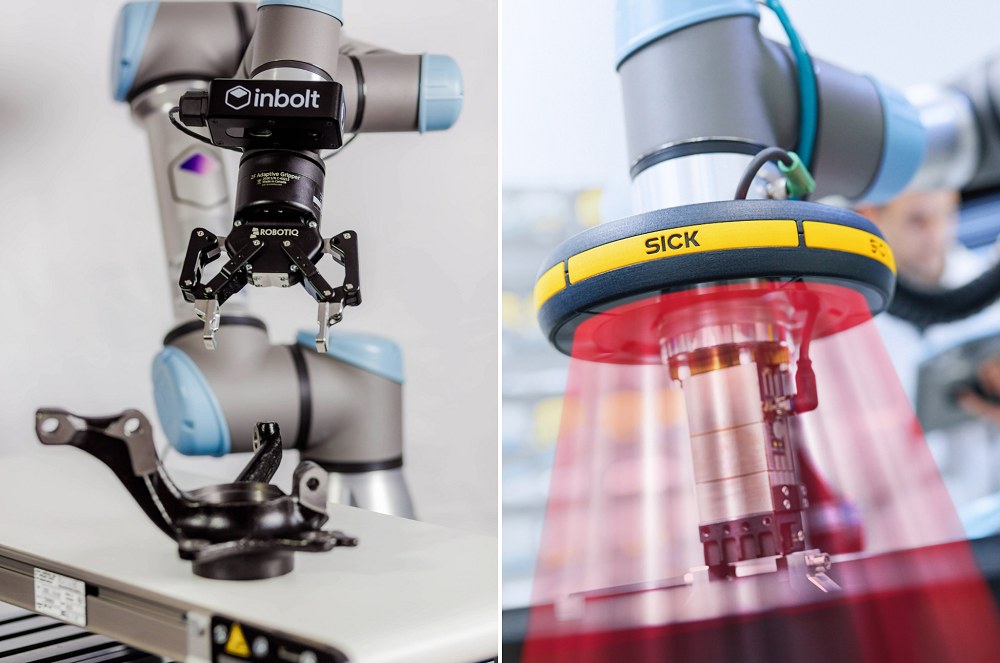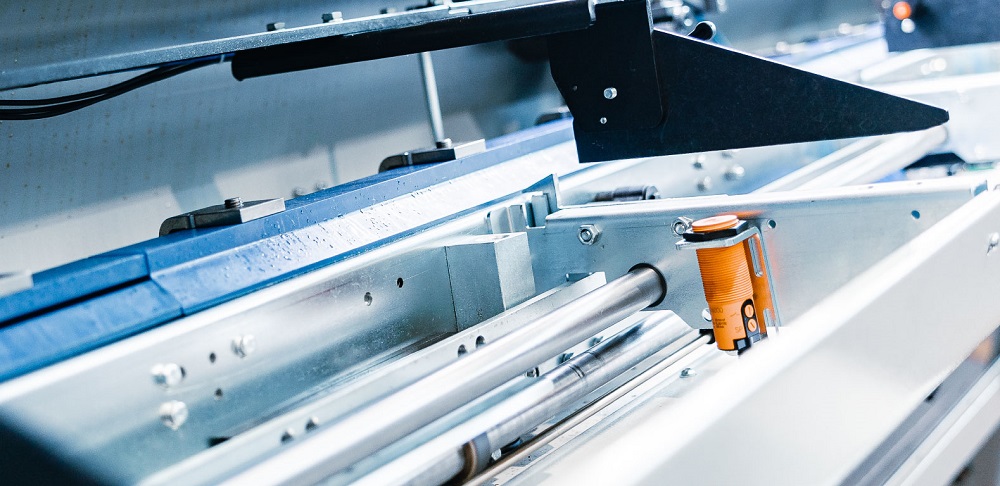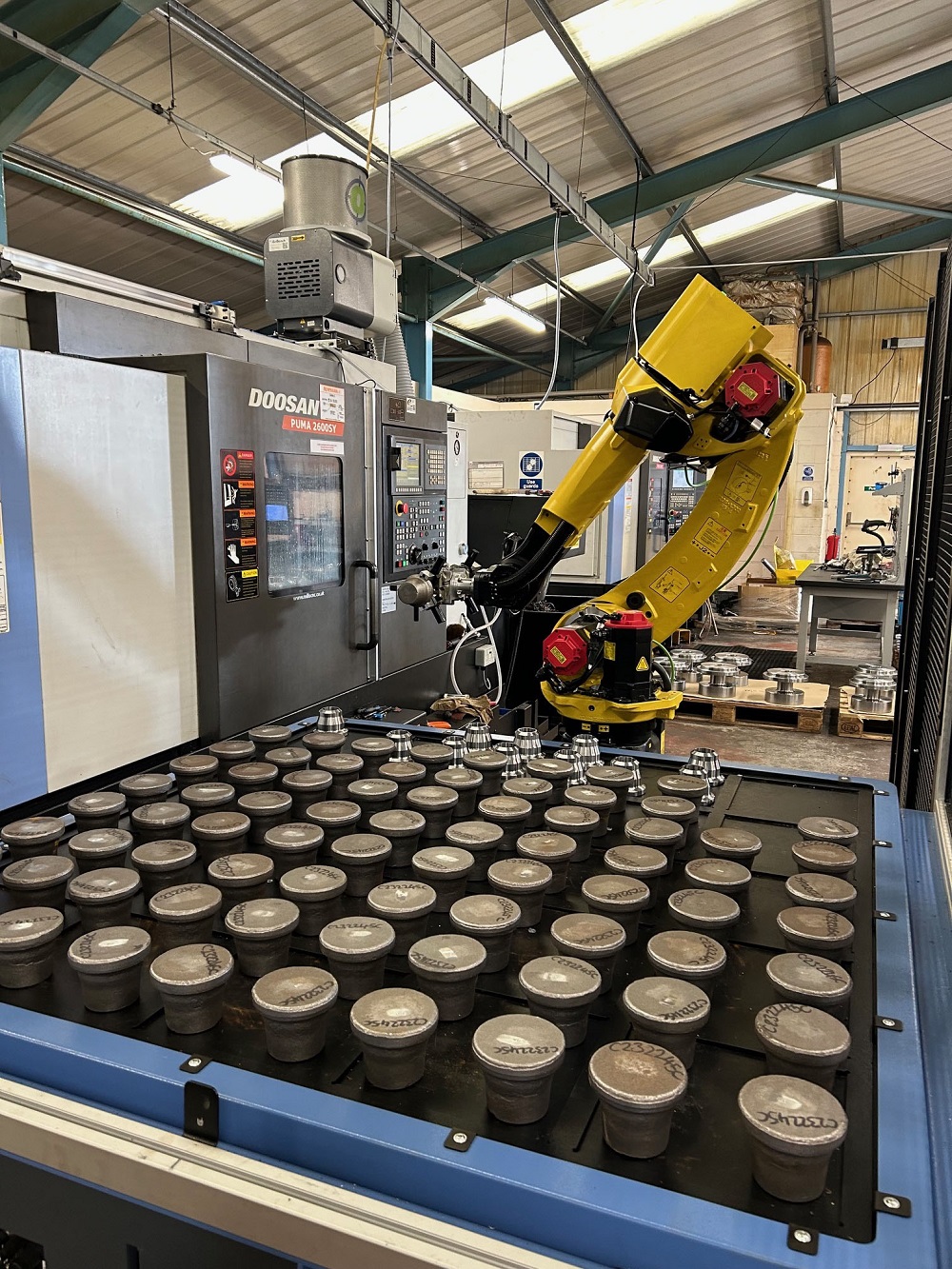Iemca, a brand of Bucci Industries, has introduced its Boss Superfast+ bar magazine, a new solution that the company says enhances further the performance of sliding-head lathes. Process automation and userfriendliness have been the guiding principles in its design, ensuring optimised cycle times and performance.
The new Boss model configuration includes an innovative feature to notify the remaining bar quantity in the single-rack magazine. This information is displayed on the new operator panel, exclusive to Superfast+, which features a capacitive touchscreen and a completely redesigned HMI interface. Additionally, the notification is immediately visible through the illumination of one of the machine’s signal tower lights.
The operator receives alerts at two stages: when an intermediate bar stock level is reached, and when the last bar is being processed, signalling an empty magazine. These notifications simplify workshop operations, allowing for more efficient material replenishment and maintenance scheduling.
To enhance further the ‘Plus’ variant of the Boss model, automatic adjustment of the single-rack magazine based on the bar diameter and shape ensures instant time savings. In the standard version, the operator must manually intervene and verify the adjustment. With motorised regulation, users simply input the diameter value on the operator panel, and the magazine automatically adjusts, eliminating manual operations and significantly reducing downtime.
A combination of reduced re-tooling times and increased productivity is achieved with the self-adjusting front bushing holder. There is no longer a need to manually replace the front bushing pair when changing bar formats. Instead, users simply enter the bar diameter and shape on the operator panel, and the bushings automatically adapt to the bar and pusher. This capability simplifies the process and reduces operator intervention.
More information www.iemca.com






